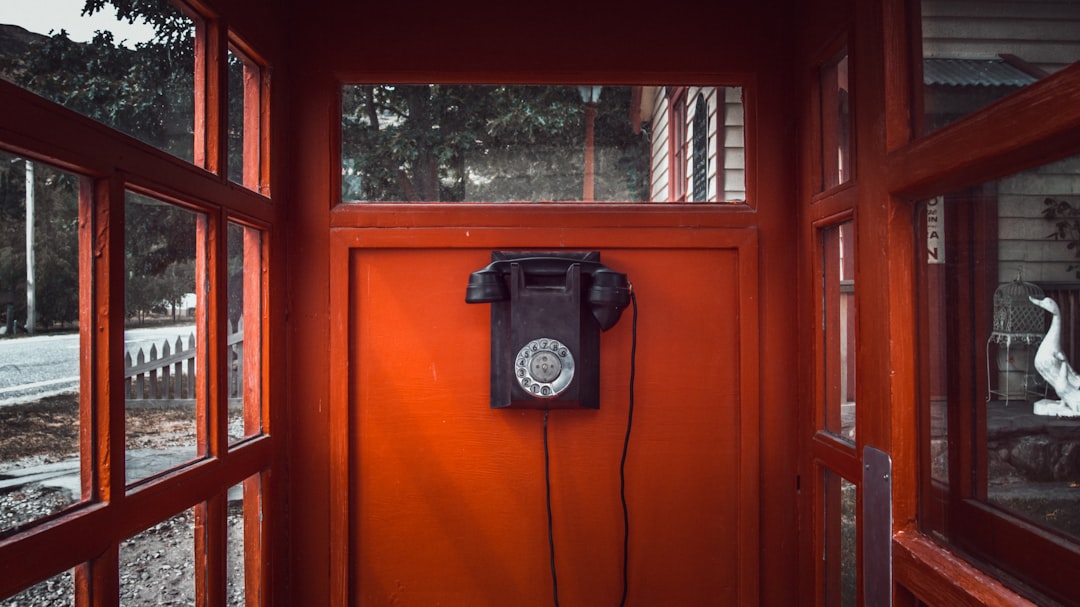Seattle residents enjoy robust protections against spam calls under stringent Washington state laws that prohibit automated marketing without prior consent. Consumers can combat unsolicited texts by filing complaints and using provider tools to block spam. Recognizing common spammer patterns, reporting recurring spammers, and using specialized apps further minimize spam texts. Protecting privacy involves limiting online information, reviewing app policies, educating on local laws, opting-out, and registering on the National Do Not Call Registry.
Seattle residents face a growing problem with spam texts, but there are effective ways to protect yourself. In this guide, we explore how Seattle’s strict spam call laws can be your first line of defense. Learn to identify and block unwanted messages promptly. Discover privacy actions that empower you against persistent spammers. Understanding these measures is key to navigating Washington’s spam call landscape and safeguarding your communication channels.
Understanding Seattle's Spam Call Laws

Seattle residents are protected by state laws that regulate spam calls, also known as unsolicited telephone marketing calls. These laws are designed to prevent consumers from being bombarded with unwanted advertising and to give them tools to fight back against persistent spammers. Washington state’s spam call laws are stringent, making it illegal for businesses or individuals to make automated phone calls without prior express consent. This includes text messages, as well as voice calls.
Understanding these regulations is crucial for Seattle residents who want to protect themselves from spam texts. If a resident receives unsolicited text messages promoting products or services, they have the right to file a complaint with the Washington State Attorney General’s Office. Additionally, many phone service providers offer tools and features that can help block spam calls and texts, providing an extra layer of defense against these annoying and often deceptive marketing tactics employed by spam call law firms in Washington.
Identifying and Blocking Unwanted Texts

Seattle residents can protect themselves from spam texts by learning to identify and block unwanted messages. One effective method is to familiarize yourself with the common patterns and tactics used by spammers. For instance, be wary of texts claiming to be from reputable law firms or organizations offering seemingly legitimate deals, as these are often scams designed to trick recipients into providing personal information.
To block spam texts, utilize the built-in tools available on most mobile devices. Many smartphones have options to report unwanted messages directly to carriers, which can help identify and filter out recurring spammers. Additionally, consider downloading apps specifically designed to block spam calls and texts, as these applications often employ advanced algorithms to recognize and prevent nuisance communications before they reach your device. By combining these strategies, Seattle residents can significantly reduce the volume of spam texts they receive and enjoy a more peaceful digital experience.
Protecting Your Privacy: Actions to Take

Protecting your privacy from spam texts starts with understanding what information you share and how it can be used. Take proactive steps such as limiting the personal details you provide online, being cautious when signing up for promotions or competitions, and reviewing the privacy policies of apps and websites to ensure they align with your expectations for data protection.
Additionally, Seattle residents should familiarize themselves with local laws regarding spam calls, including those enforced by law firms in Washington State. This includes knowing your rights to opt-out of unwanted text messages and registering on the National Do Not Call Registry. By staying informed and taking these precautions, you can significantly reduce the volume of spam texts you receive, enhancing your overall privacy and peace of mind.






